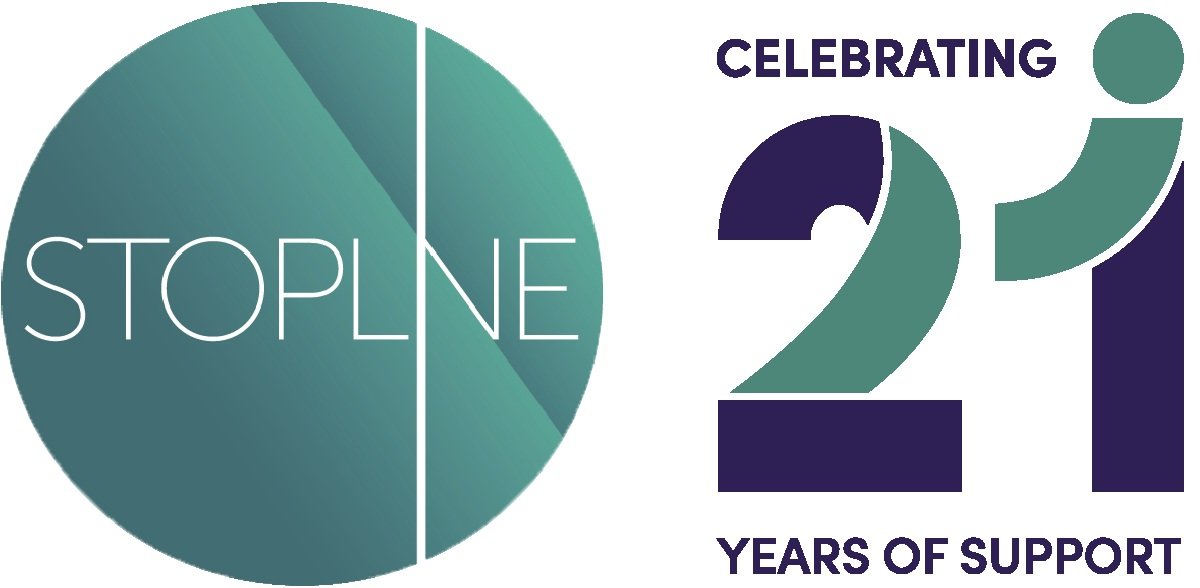Tips
COMMON HOLIDAY SEASON RISKS AND TIPS FOR THEIR PREVENTION
Gifts – giving and receiving
Check and remind employees of your policies regarding gift giving and receiving between both employees and clients, and ensure policies are clear. If you don’t currently have a policy in place, now might be a good time to create one!
Christmas party
Before your staff Christmas celebrations, remind employees of your relevant policies, including anti-harassment, inappropriate verbal and physical contact and social media policies. If there is alcohol involved, ensure safe access to transport options for getting home and discourage drink-driving. Remind employees what is expected of them if the following day is a work day.
Employee theft
Employee theft is more common during the holiday season, particularly in the retail industry. Financial pressure, stress and opportunity can encourage people to make bad choices. Be diligent with inventory control and check tills regularly.
Employee stress
Many people suffer from stress during the holiday season, for all different reasons including financial pressures, personal and family related issues and lack of time and over scheduling, which can lead to in an increase in sick days. Reduce sick time by creating a positive working environment. Encourage staff to voice concerns and offer open lines of communication between staff and management. Ensure your employees are feeling valued and appreciated, and consider offering flexible work hours or mental health breaks, where possible.
CASUAL VS PERMANENT AND FULL-TIME EMPLOYMENT
A Casual Employee:
Has no guaranteed hours of work
Usually works irregular hours (but can work regular hours)
Doesn’t get paid sick or annual leave
Can end employment without notice, unless notice is required by a registered agreement award or employment contract.
How is casual different to full-time or part-time?
Full-time and part-time employees have ongoing employment (or a fixed-term contract) and can expect to work regular hours each week. They are entitled to be paid sick leave and annual leave.
Full-time and part-time employees must give or receive notice to end the employment.
What do casual employees get?
Casual employees are entitled to:
A higher hourly pay rate that equivalent full-time or part-time employees. This is called a ‘casual loading’ and is paid because they don’t get benefits such as sick or annual leave.
2 days unpaid carer’s leave and 2 days unpaid compassionate leave per occasion
Unpaid community service leave.
Long term casual employees
Some casual employees work regular hours or the same days each week for a long period and become ‘long term casuals’.
Long term casuals stay as casual employees unless they formally change to full-time or part-time employment. They don’t automatically become permanent employees, even if they are called ‘permanent casual’. They get their casual entitlements regardless of how regularly they work or how long they work for.
After 12 months of regular employment, and if it’s likely the regular employment will continue, a casual employee can:
Request flexible working arrangements
Take parental leave
They don’t get paid leave or notice of termination, even if they work regularly for a long time.
A full-time employee:
A full-time employee has ongoing employment and works, on average, around 38 hours each week. The actual hours of work for an employee in a particular job or industry are agreed between the employer and the employee and/or set by an award or registered agreement.
Changing from full-time to full-time to part-time or casual employment
An employee and an employer may agree to end an employee’s full-time position and change to part-time or casual employment.
When changing from full-time or part-time to casual the usual rules for ending employment apply, including:
Giving or paying the employee the required notice
Paying out leave and any other entitlements owed.
When an employee doesn’t agree to change
An employer may be able to change an employee’s full-time employment to part-time or casual employment without agreement from the employee.
Important factors to consider are:
Does the employment contract, registered agreement or award let the employer change the employee’s work hours without the employee agreeing?
Does the change make a new employment contract or change an existing contract?
What entitlements, such as annual leave or redundancy, need to be paid out?
How much notice does the employer need to give the employee?
We’re unable to provide advice about employment contracts, including changes to an employee’s hours. You will need to seek legal advice to find out more about your situation.
An employer can’t change or end an employee’s employment:
For a discriminatory reason
Because the employee has exercised a workplace right
For another reason protected by law
A Part-time employee:
Works, on average, less than 38 hours per week.
Usually works regular hours each week
Is entitled to the same benefits as a full-time employee, but on a pro rata basis
Is a permanent employee or on a fixed-term contract
How part-time is different to full-time or casual
Full-time employees work longer hours. On average, they work 38 hours per week.
Casual employees usually work irregular hours but they don’t get paid sick leave or annual leave.
What part-time employees get
Part-time employees get the same minimum entitlements (such as sick leave and holiday leave) as a full-time employee, based on how many hours they work each week.
For more information on types of employees and employee entitlements visit www.fairwork.gov.au
